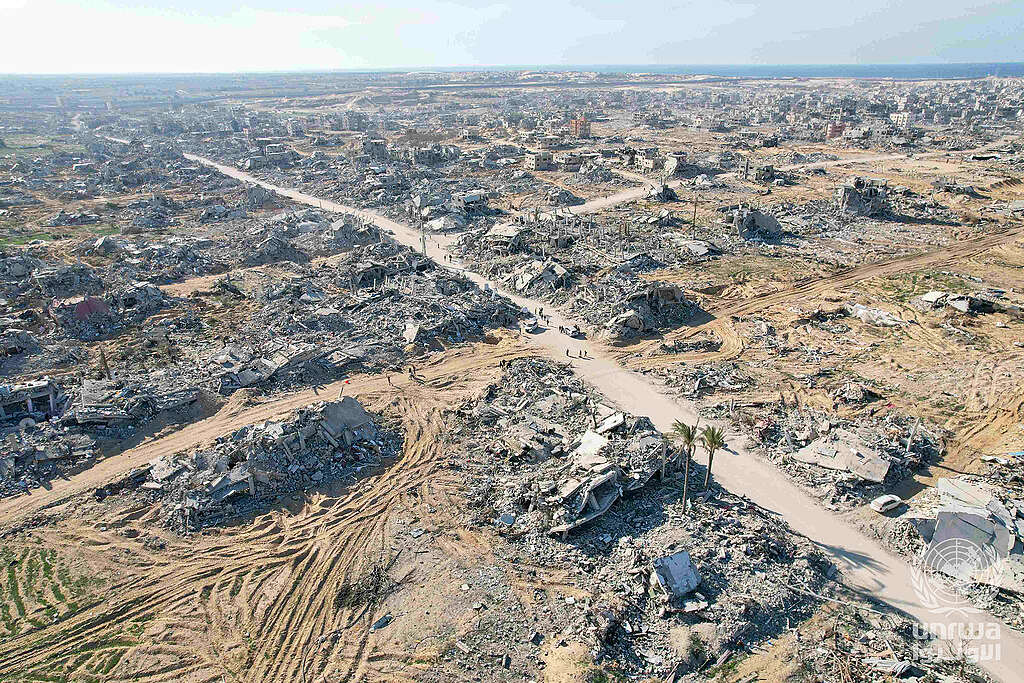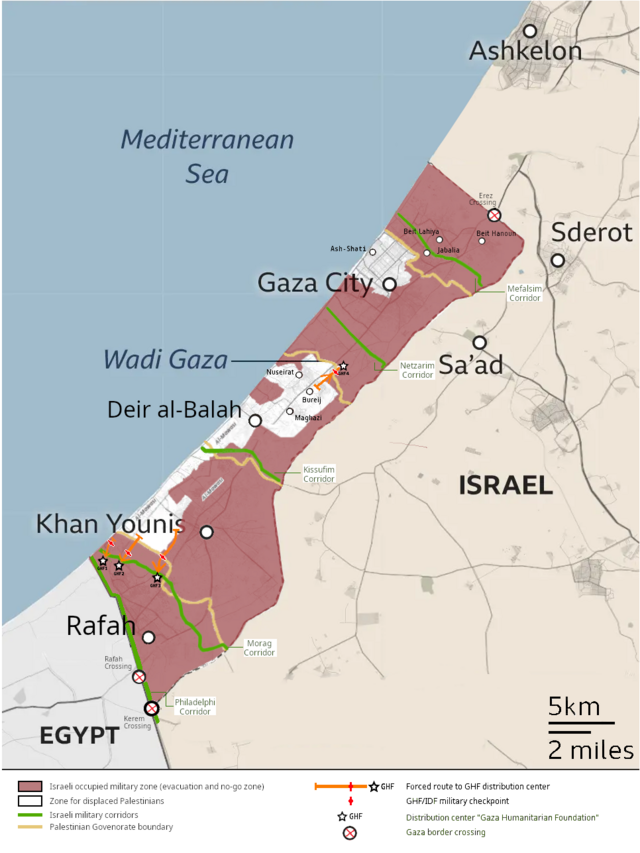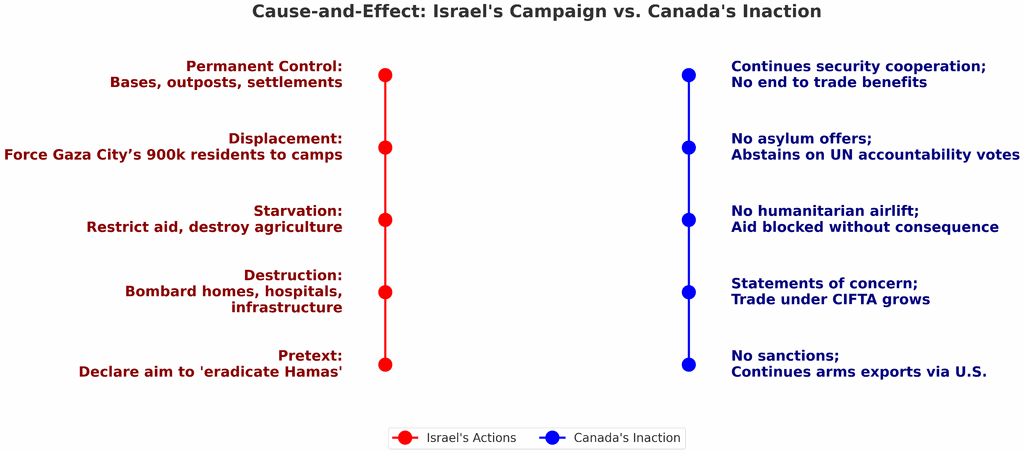On August 7–8, 2025, Israel’s security cabinet approved a plan to take control of Gaza City — home to approximately 900,000 people — and forcibly relocate its population to camps in Deir al-Balah and other central Gaza areas. This is part of a broader strategy for the complete occupation of the Gaza Strip (AP News, Axios, The Guardian).
Canada’s official response was familiar: a statement of “condemnation” from the Prime Minister’s Office and Global Affairs Canada — without any accompanying sanctions, arms suspensions, or trade restrictions. The same posture has accompanied every significant escalation of Israel’s assault on Gaza since October 2023, allowing the violence to continue with impunity.
When Netanyahu speaks of the “full occupation” of Gaza, we must take him literally. Israeli leaders have framed their mission as the eradication of Hamas — but the reality on the ground reveals a far broader goal: the eradication of Gaza as a place where human life can exist. This is not a sudden shift, but the latest phase in a long-running colonial war against the Palestinian people.
Canada’s diplomatic condemnations do nothing to interrupt this process. By maintaining trade, security cooperation, and political cover, Ottawa is not an observer — it is an enabler.
The Nature of a Colonial War
A colonial war is not a conventional conflict between armies. It is a violent, ongoing social process aimed at permanently subjugating and replacing an entire people. Such wars may pause, but they never truly end; escalation can resume at any time.
In these wars, the “enemy” is not just a political movement or armed group. The entire occupied population is treated as a potential threat. Every civilian becomes a target; the destruction of their social, political, and economic structures is part of the strategy. The purpose is not only to defeat armed resistance but to make the territory unlivable for its original inhabitants.

The Step-by-Step Logic of Erasure
Israel’s campaign in Gaza has followed a transparent chain of cause and effect:
- Pretext – Declare the aim to “eradicate Hamas” to justify overwhelming military force.
- Destruction – Bombard and bulldoze civilian infrastructure: homes, hospitals, water and power systems, farms, and bakeries.
- Starvation – Restrict aid and destroy agricultural capacity, manufacturing famine as a weapon of war.
- Displacement – Push Palestinians into smaller and smaller areas, now culminating in the planned removal of Gaza City’s 900,000 residents to central Gaza camps.
- Permanent Control – Establish military bases, “security outposts,” and settlements to prevent return and cement Israeli control.
Each step leads to complete annihilation; physical destruction causes starvation. Starvation leads to displacement, which in turn results in permanent occupation and annexation by the occupying power.

Canada’s Complicity
For two years, Canada has watched this sequence unfold and responded with the same three tools:
- Statements of concern
- Calls for restraint
- No change in policy
Meanwhile, Canada:
When a state enables a colonial war through silence on enforcement and continuation of normal relations, it becomes part of the chain of cause and effect. The absence of consequences is a form of green light.

Why This Matters for Canadians
“Condemnation” without action is not neutrality. It’s a choice to protect political and economic ties with Israel over international law and human life. It signals to Israel that the destruction of Gaza can continue without fear of losing Canadian trade, military technology, or diplomatic backing.
If Canadians want to break the cycle, the government’s posture must change from symbolic disapproval to material consequences:
- Suspend all military and dual-use exports to Israel
- End preferential trade under CIFTA until Israel complies with international law
- Support binding UN measures to halt occupation and displacement.
- Apply Magnitsky sanctions to Israeli officials involved in war crimes.
Until then, Canada’s “condemnations” are not a brake on Israel’s war — they are part of its fuel.


